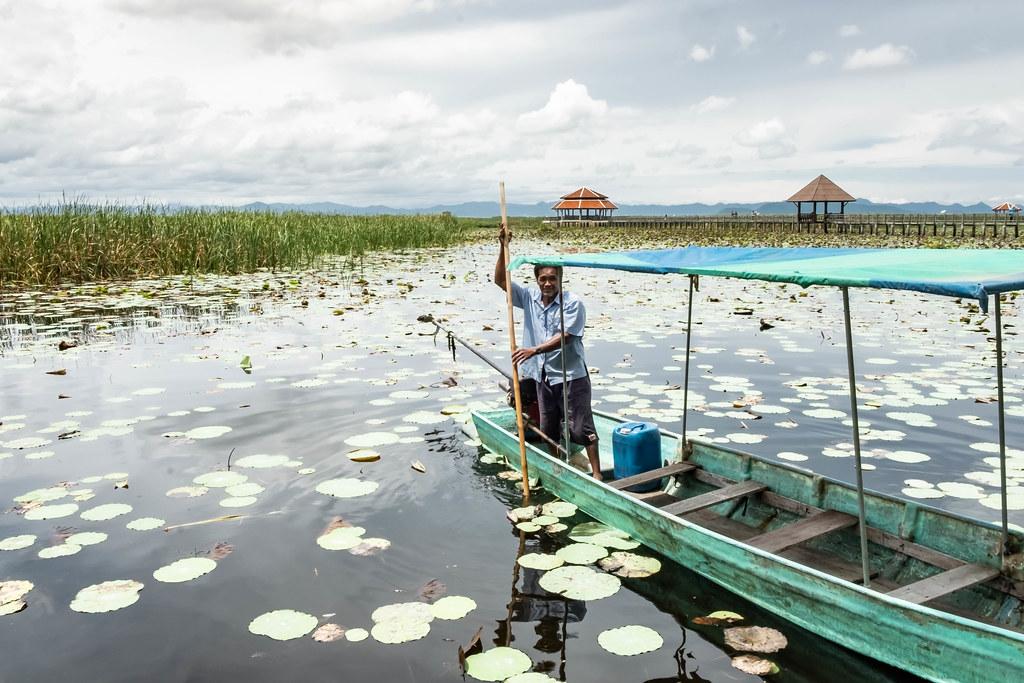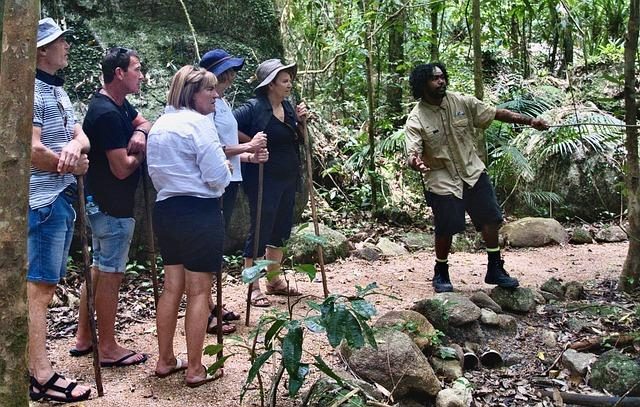In the vibrant tapestry of global travel, tour operators often stand as the weavers, crafting journeys that promise to unravel the mysteries of distant lands. These curators of experience hold the power to shape perceptions and ignite imaginations, offering travelers a window into the heart of diverse cultures. Yet, beneath the surface of this alluring narrative lies a complex web of influence and responsibility. As conduits between travelers and the cultures they seek to explore, tour operators wield significant sway over how these cultures are portrayed and understood. This article delves into the intricate role of tour operators in cultural misrepresentation, examining how the stories they tell and the experiences they craft can both illuminate and obscure the true essence of the communities they showcase. Through a balanced lens, we explore the delicate dance between authenticity and allure, and the profound impact these industry gatekeepers can have on cultural narratives in an ever-connected world.
Understanding the Influence of Tour Operators on Cultural Narratives
Tour operators play a pivotal role in shaping how travelers perceive and interact with different cultures. They often act as gatekeepers, curating experiences and narratives that can either enrich or distort cultural understanding. While their influence can be beneficial in promoting cultural appreciation, it can also lead to misrepresentation if not handled with care. Many times, these curated narratives are designed to cater to tourist expectations rather than presenting an authentic portrayal of local traditions and lifestyles.
Several factors contribute to this phenomenon, including:
- Commercial Interests: The primary goal is often profitability, which can lead to oversimplified or romanticized depictions of cultures.
- Lack of Cultural Sensitivity: Insufficient understanding or appreciation of local customs can result in inaccurate portrayals.
- Standardization: In an attempt to create uniform experiences, unique cultural nuances might be overlooked or ignored.
Understanding these dynamics is crucial for both travelers and tour operators to ensure that cultural interactions are respectful and authentic.

Exploring the Impact of Commercialization on Cultural Authenticity
- Curated Experiences vs. Genuine Encounters: Tour operators often curate experiences that prioritize convenience and entertainment over authenticity. While this approach caters to the expectations of tourists seeking easily digestible cultural snapshots, it risks diluting the genuine essence of the culture being showcased. By focusing on what is marketable, tour operators can unintentionally perpetuate stereotypes and offer a homogenized version of diverse cultural landscapes.
- Economic Pressures and Cultural Distortion: The drive to maximize profits can lead to a commodification of culture, where traditional practices are altered or simplified to appeal to a broader audience. This transformation is not always initiated by the local communities themselves but is often driven by external demands. The pressure to conform to tourist expectations can lead to a gradual erosion of cultural authenticity, leaving behind a palatable yet distorted version of the original.
While tour operators play a significant role in the tourism industry, their influence on cultural representation should be navigated with care. Striking a balance between providing engaging experiences for tourists and maintaining the integrity of cultural traditions is crucial. Collaborating with local communities to ensure their voices and stories are authentically represented is a step towards more respectful and sustainable tourism practices.

Strategies for Tour Operators to Foster Genuine Cultural Engagement
Tour operators hold the power to shape travelers’ perceptions and experiences of different cultures, making it essential for them to promote authentic and respectful cultural engagement. Here are some strategies they can adopt:
- Partner with Local Experts: Collaborating with local guides and cultural experts ensures that the information shared with tourists is accurate and representative of the local community. These partnerships can also help bridge the gap between tourists and residents, facilitating meaningful interactions.
- Offer Immersive Experiences: Encourage travelers to participate in local traditions, workshops, and events. Whether it’s a cooking class with a local chef or a visit to a traditional artisan’s workshop, these experiences can provide deeper insights into the community’s way of life.
- Educate Travelers: Provide educational materials that highlight the significance of cultural sites and practices. This can include pre-tour briefings, informative guides, or digital content that prepares tourists to engage respectfully and responsibly with the host culture.
- Promote Responsible Tourism: Advocate for responsible behaviors among tourists by emphasizing the importance of respecting local customs, traditions, and environments. Encourage tourists to support local businesses and artisans, thereby contributing to the community’s economic well-being.
By implementing these strategies, tour operators can play a pivotal role in ensuring that cultural exchanges are both genuine and beneficial for all parties involved.

Recommendations for Ethical Cultural Representation in Tourism Practices
Tour operators hold a significant influence in shaping tourists’ perceptions and experiences of different cultures. It is crucial that they engage in practices that respect and accurately represent the cultural identities of the communities they introduce to travelers. Here are some key recommendations to ensure ethical cultural representation:
- Collaborate with Local Communities: Establish partnerships with local communities to ensure that cultural narratives are conveyed authentically. This involves engaging with local guides and cultural ambassadors who can provide genuine insights and stories.
- Promote Cultural Sensitivity: Educate tourists on the importance of cultural respect and sensitivity. This can be achieved through pre-trip briefings and informational materials that highlight appropriate behavior and etiquette.
- Support Sustainable Practices: Encourage tourism practices that support the economic and social well-being of local communities. This includes fair compensation for cultural performances and the sale of local crafts.
- Challenge Stereotypes: Work actively to dismantle cultural stereotypes by offering diverse and nuanced portrayals of cultures. Avoid simplifying or sensationalizing cultural practices for entertainment purposes.
By implementing these recommendations, tour operators can play a pivotal role in fostering respectful and accurate cultural exchanges that enrich the experiences of both travelers and host communities.
Insights and Conclusions
As we close the chapter on the intricate narrative of tour operators and cultural misrepresentation, it becomes clear that the journey is far from over. The vibrant tapestry of global cultures awaits a portrayal that is both respectful and authentic, challenging tour operators to rise to the occasion. By weaving together threads of genuine understanding and ethical representation, they hold the power to transform the travel industry into a force for cultural preservation rather than distortion. As travelers, stakeholders, and stewards of the world’s rich heritage, let us all remain vigilant and committed to ensuring that the stories told are as diverse and truthful as the cultures they represent. The road ahead may be complex, but with conscious effort, we can craft a future where travel enlightens and enriches, celebrating the true essence of every culture it touches.


































